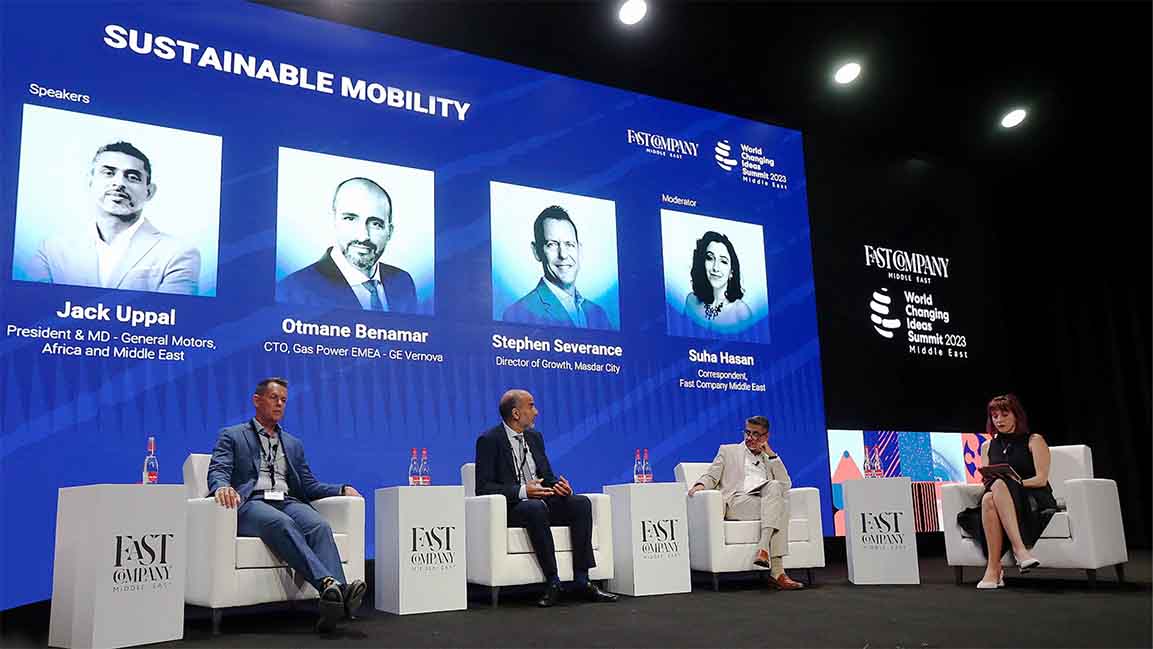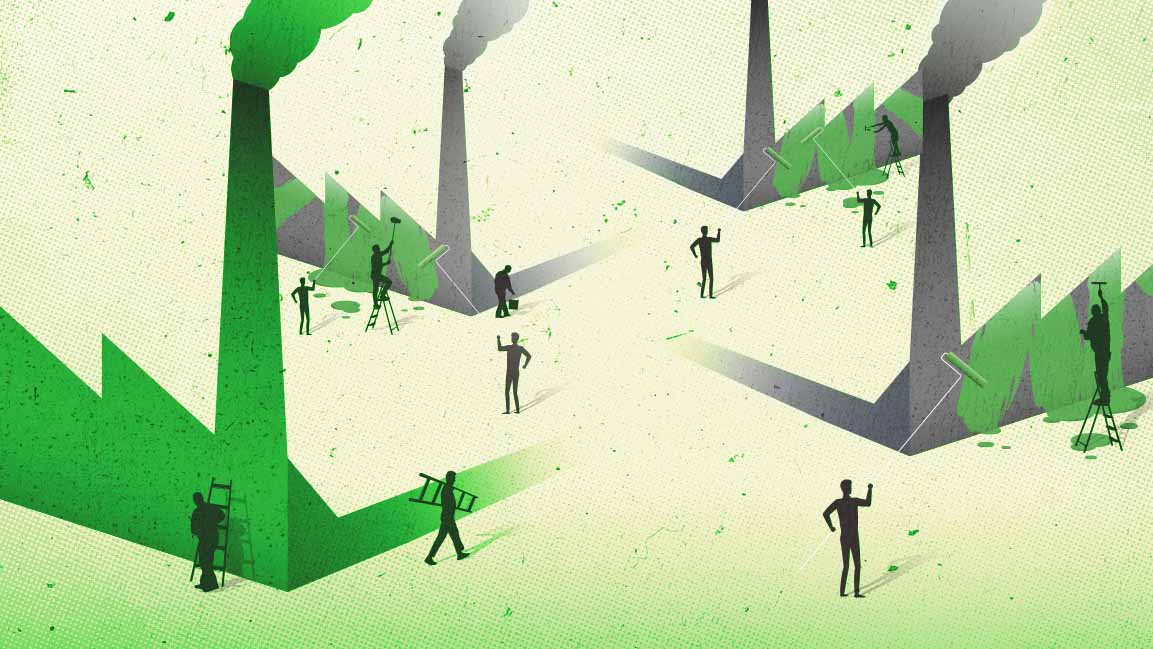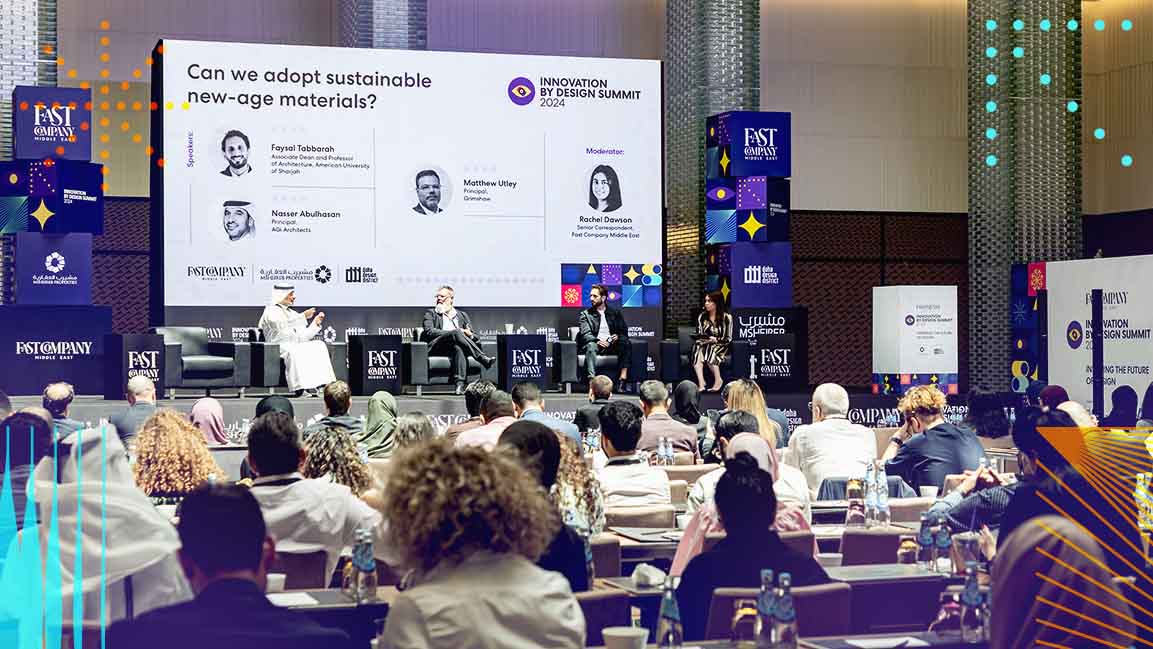- | 9:00 am
Is the Middle East ready for sustainable mobility?
World Changing Ideas Summit convenes experts to tackle climate action, innovation, and green product accessibility

The Middle East is embracing the global shift from conventional brown energy to a greener, more sustainable approach driven by increasing climate concerns. The region is adopting innovative technologies to revolutionize transportation and reshape the energy landscape.
The Middle East is undergoing a significant sustainable shift, leveraging its vast solar and wind potential to position itself as a leader in sustainable mobility solutions.
The World Changing Ideas Summit, a gathering of global leaders and experts, recently addressed crucial issues of climate action, innovation, and accessibility to green products. The summit’s focus on these interconnected themes highlights the significance of adopting a holistic approach to sustainability.
STAKEHOLDERS ROLE IN EFFECTIVE CLIMATE ACTION
Otmane Benamar, CTO of Gas Power EMEA at GE Vernova, explores the pivotal role of stakeholders in driving effective climate action. Benamar sets the stage by addressing the pressing concern of carbon emissions.
Sharing some stats, he explains that 87% of global carbon emissions originate from three key sectors. The electricity and heat sector lead the list, contributing around 40%, industries at 26%, and transportation at 21%. “Decarbonizing the power sector has been and will continue to be a top priority,” he asserts.
Benamar discusses the pursuit of “the energy trilemma,” encapsulating the delicate balance between affordability, reliability, and sustainability that stakeholders must navigate. “Especially when you think of the 800 million people in the world who still lack access to reliable power, coupled with many economies hungry for power to grow.”
He highlights the growth dynamics, citing the 3.6% growth in non-OECD countries in the current decade, in contrast to the more modest 1.4% growth in OECD countries. Emphasizing that this trilemma requires careful management across all major sectors, he particularly highlights the transportation sector. He notes that their journey to net zero relies on the transformative power of electrification.
Jack Uppal, President & MD of General Motors, Africa and Middle East, stresses the pivotal role that hydrogen currently plays and will continue to play. “Everybody’s got a vision around green hydrogen, and coming at it both from an availability perspective, scaling it, bringing that price down.”
Stephen Severance, Director of Growth at Masdar City, notes that renewable energy is now more affordable, priced at 1.35 cents per kilowatt-hour in Abu Dhabi. This cost has decreased by over 95% in the last fifteen years.
Severance explains that although green energy and sustainable mobility are becoming more competitive in the total cost of ownership, there are still challenges to overcome, including issues with charging infrastructure and the grid. Additionally, hydrogen fuel cell vehicles are still in the early stages of development and must be economically viable.
In both cases, he explains that government intervention is needed to accelerate the adoption of these technologies, saying, “We need the government to put a stake in the ground and say, we will phase out internal combustion engines. We will phase out fossil fuel cars. And the private sector will come and deliver us the alternative.”
THE ROLE OF INNOVATION IN ENERGY TRANSITION
Uppal highlights General Motors’ position in electric vehicle innovation through its “Altium platform,” enabling the production of a range of vehicles, from affordable subcompacts to luxury off-road SUVs. He mentions an 85% reuse rate in their manufacturing process, underlining the commitment to sustainability.
Emphasizing the importance of innovation across the entire value chain, from technology to manufacturing, Uppal stresses the need to make electric vehicles accessible to everyone. He asserts that governments and regulatory environments will be critical in setting and enforcing standards.
Otmane emphasizes the importance of a thoughtful approach to the transition to renewable energy, recognizing the operational lifespan of existing assets amounting to billions. He cautions against an abrupt shift to renewables, citing potential increases in electricity costs and disruptions to grid stability. Using an example, he mentions the 57 gigawatts of open cycles in the Gulf region, explaining that converting them to a combined cycle can enhance power production by 50% without raising gas consumption, thereby reducing carbon intensity by 30%.
Severance observes that recent innovation has been propelled by emerging players in the market. He specifically highlights the rise of BYD, a Chinese battery manufacturer, which has become a leader in the electric vehicle market. “Ten years ago, no one would have considered buying a car from them.”
Severance highlights companies such as WeRide, Baidu, Cruise, Waymo, and Zoox in autonomous transportation. Notably, only one of these is a traditional car company, yet they emerge as leaders in autonomous transportation. This shift introduces new models, explores untapped markets, and brings fresh global competition.
While innovation has been robust, Severance underscores the need for a concerted push to propel it to the next level.
THE OVERWHELMING COST OF GREEN PRODUCTS
When asked how policymakers can ensure fairness in the accessibility and cost of green products, Otmane suggests that policymakers should set targets and allow stakeholders to develop solutions without interference. “They can implement policies that support this transition, such as carbon taxes and stimulus, as seen in the US with the IRA initiative.”
Otmane emphasizes the importance of considering a country’s overall strategy rather than individual projects. He points out that assessing projects in isolation might lead to overlooking their significance in a country’s journey to net zero. The key is to align funding and financing with the broader strategic goals of the country.
On the other hand, Uppal says policymaking has to be a catalyst in driving initial phases, such as subsidies, incentives, and climate finance. He also believes education is essential to the industry and its regulatory landscape. “This education is twofold – academic knowledge and consumer comprehension on both ends of the spectrum.
Additionally, there needs to be an unwavering commitment to ongoing research and development from both the public and private sectors.”








































